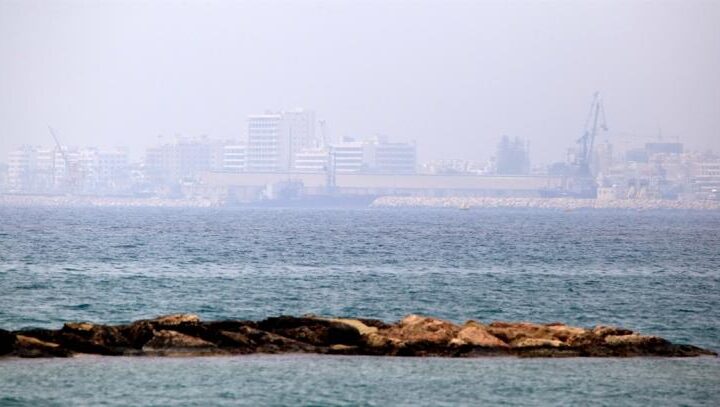Cyprus’ services sector is betting on tax incentives to attract talent and promote headquartering to counter the impacts of the war in Ukraine and sanctions on Russian funds and companies.
Soon after Russia invaded Ukraine, with the first package of sanctions on Russia imposed, Cyprus lawyers, auditors, and accountants said they had taken a direct hit, estimating revenues have shrunk 15% in the aftermath of the conflict.
KPMG Cyprus’ Head of International Tax Services Costas Markides told news site Stockwatch that encouraging headquartering has become a key factor in fencing off the impacts of war in Europe.
Markides said a bill tabled by the government offering tax incentives to attract talent and promote headquartering is crucial for encouraging new companies and businesses to relocate.
“The tax incentives recently approved by the Council of Ministers encourage firms to relocate to Cyprus while upgrading the island’s profile as an ideal destination to live and work.”
In addition to the tax incentives, he said the government’s decision to facilitate the settlement of these individuals and allow their family members to access the Cypriot labour market is of paramount importance.
PwC Cyprus Partner and Head of Headquartering & Private Wealth services Tony Hadjiloucas said that approval of the new bill to promote headquartering comes at a crucial point.
“The bill, when passed, will help mitigate the negative effects of the war in Ukraine and the related sanctions affecting the professional services sector and the Cypriot economy in general,” said Hadjiloucas.
He said companies that have chosen to relocate to Cyprus are mainly active in technology such as fintech, gaming, forex, brokerage, EMIs, crypto and blockchain.
“In addition, Cyprus is high on the list of investment funds, private equity firms and family businesses.
“The country is rapidly becoming a centre of attraction for such companies. If we manage to protect and strengthen this perspective, the result will be long-term and catalytic in the transformation of the economy.”
More incentives
Hadjiloucas said further incentives could enhance the country’s attractiveness and make relocating to Cyprus even smoother.
“Such incentives could include making residence permit procedures more flexible and fiscal reforms in specific industry practices, such as incentives regarding taxation on dividends.
“It would be good if the banking system could become more flexible for companies from the above sectors, but without taking excessive risk.
“It is important to mention that the state and the supervisory authorities must remain vigilant, especially in high-risk areas.”
Hadjiloucas added that relocation incentives could positively impact the real estate sector, making up some of the lost ground from the fallout of scrapping the Citizenship for Investment scheme.
The new tax incentive bill reduces the minimum required salary from €100,000 to €55,000 per annum.
For existing employees, the bill provides for a 50% tax break on remuneration from employment earnings of €55,000 pa by an individual already in Cyprus, provided that before their employment, they were abroad for 12 consecutive years.
The bill also provides a grace period of six months for obtaining the benefit, while the exemption will continue to apply for 17 years from the commencement of employment.
For new employees, the bill provides a 50% tax deduction on remuneration exercised in Cyprus by an individual abroad for 12 consecutive years, while eligible persons should earn €55,000 pa.
For new employees, the grace period is two years for obtaining the benefit.
The exemption is provided for 17 years from the commencement of employment.










